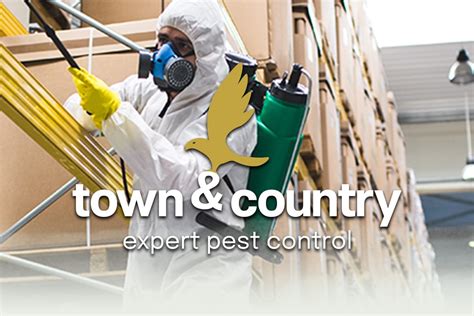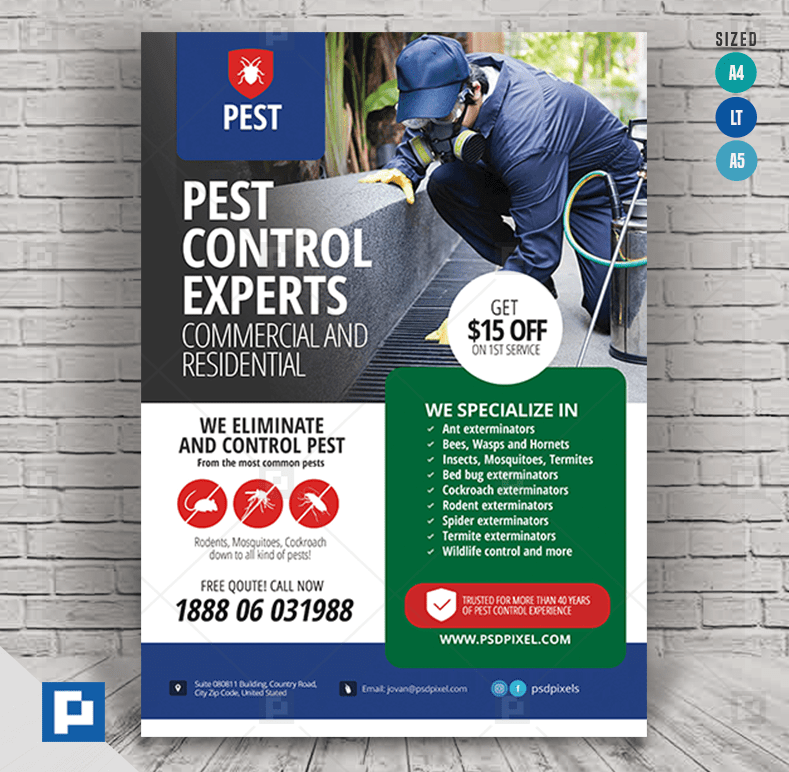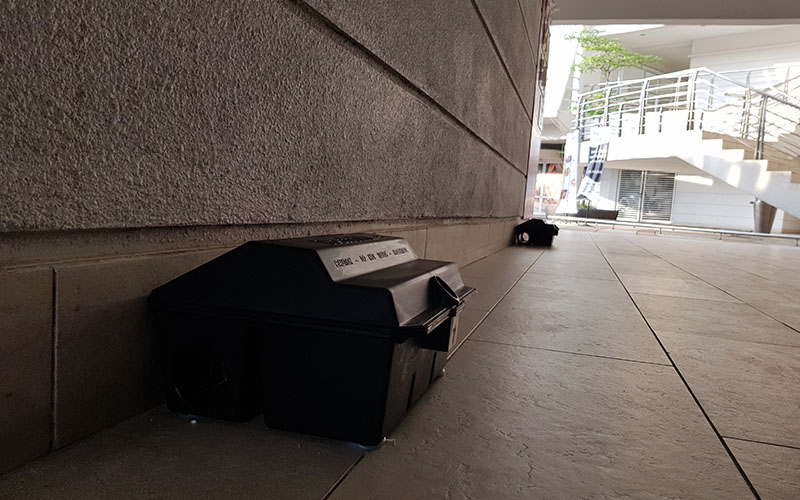Rodent Control Commercial

Rodent control is a crucial aspect of maintaining a clean and healthy environment, both in residential and commercial settings. Rodents, including mice and rats, can pose significant threats to human health, property, and food safety. These pests are known to carry diseases such as leptospirosis, hantavirus, and salmonellosis, which can be transmitted to humans through direct contact or contaminated food and water. Moreover, rodents can cause substantial damage to buildings, electrical wiring, and personal belongings, leading to significant financial losses.
Understanding Rodent Behavior

To effectively manage rodent infestations, it is essential to understand their behavior and habitat preferences. Rodents are highly adaptable creatures that can thrive in a wide range of environments. They are attracted to food sources, water, and shelter, making homes, restaurants, and other buildings with food preparation areas particularly vulnerable to infestations. Rodents are also prolific breeders, with some species capable of producing multiple litters per year, which can lead to rapid population growth and exacerbate infestation issues.
Rodent Control Methods
There are various methods available for controlling rodent populations, including traps, baits, repellents, and exclusion techniques. Traditional snap traps and humane live traps are commonly used for capturing and removing rodents. Baits, such as anticoagulant rodenticides, can be effective for managing larger infestations but require careful handling and placement to minimize risks to non-target species. Repellents, including ultrasonic devices and certain chemicals, may also be used, although their effectiveness can vary. Exclusion techniques, which involve sealing entry points and removing attractants, are a critical component of long-term rodent control strategies.
| Control Method | Description | Efficacy |
|---|---|---|
| Trapping | Capture and removal of rodents using traps | High for small infestations |
| Baiting | Use of rodenticides to kill rodents | High for large infestations |
| Repellents | Use of devices or chemicals to deter rodents | Variable efficacy |
| Exclusion | Sealing entry points and removing attractants | High for long-term control |

Commercial Rodent Control Solutions

In commercial settings, such as restaurants, hotels, and food processing facilities, rodent control is not only a matter of protecting property but also ensuring compliance with health and safety regulations. Commercial rodent control solutions typically involve a multi-faceted approach, including regular inspections, monitoring, and maintenance activities. This may include installing rodent-detecting devices, applying baits in strategic locations, and performing sealing and exclusion work to prevent re-infestation. Given the potential consequences of a rodent infestation, including damage to reputation and financial losses, investing in professional rodent control services is crucial for businesses.
Benefits of Professional Rodent Control
Engaging professional rodent control services offers several benefits, particularly for commercial establishments. Professionals have the training, equipment, and experience to quickly and effectively identify the source and extent of an infestation, and to implement targeted control measures. This expertise is critical in minimizing the risk of ongoing infestation and the associated health and economic risks. Additionally, professional services can provide guidance on preventive measures, helping businesses to avoid future infestations and maintain a clean, safe environment for their customers and employees.
Furthermore, the use of Integrated Pest Management (IPM) strategies by professionals is noteworthy. IPM involves a holistic approach to managing pests, focusing on long-term prevention and control through a combination of techniques such as biological control, cultural controls, and chemical controls, with an emphasis on minimizing environmental impact. This approach is particularly beneficial in commercial settings, where the goal is not only to eliminate current pest issues but also to prevent future occurrences.
In terms of cost-effectiveness, professional rodent control services can offer significant long-term savings. While the initial investment may seem substantial, the costs associated with repairing damage caused by rodents, replacing contaminated food and materials, and addressing health concerns far outweigh the preventive measures. Moreover, the reputation of a business can be severely impacted by a rodent infestation, leading to loss of customer trust and loyalty, which can be difficult and costly to recover from.
What are the common signs of a rodent infestation?
+Common signs include droppings, gnaw marks, burrows, and the sighting of live rodents. Additionally, unusual noises, especially at night, and unpleasant odors can indicate a rodent infestation.
How can I prevent rodent infestations in my home or business?
+Prevention involves sealing all entry points, keeping the environment clean, storing food in sealed containers, removing clutter, and regularly inspecting for signs of rodents. Professional inspections and maintenance can also be beneficial.
Are DIY rodent control methods effective?
+While DIY methods can provide temporary relief, they are often not effective for large or persistent infestations. Professional rodent control services are usually necessary for comprehensive and long-lasting solutions.
